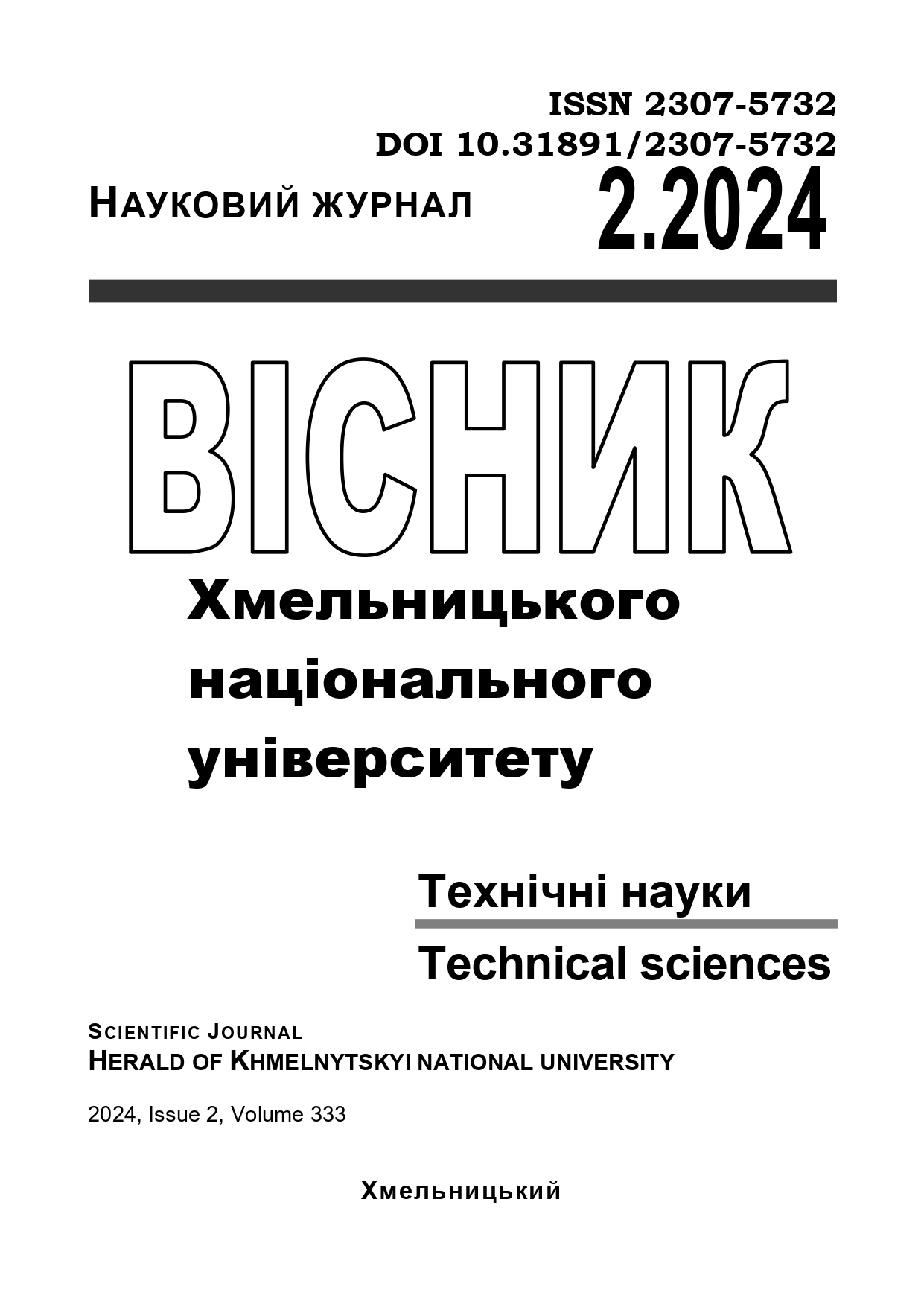PERSPECTIVES OF APPLYING ARTIFICIAL INTELLIGENCE FOR ACADEMIC LIBRARY WORKFLOW OPTIMIZATION
DOI:
https://doi.org/10.31891/2307-5732-2024-333-2-9Keywords:
Artificial Intelligence, intelligent agents, Internet resources, information resources, electronic services, library resourcesAbstract
The theoretical foundation of enhancing service quality and optimizing processes in academic libraries through the utilization of tools and technologies rooted in the application of programs and artificial intelligence means is being considered in this work. Such novel approaches in library operations will improve user service quality, create new services related to literature search, resource cataloging, thematic literature selection, etc. The use of new modern technologies will optimize processes associated with meeting users' information needs and also aid in streamlining work for the staff, and in some cases, replace functional tasks of personnel with automated software agents. In this study, we conducted a comprehensive analysis of the processes and services inherent to academic libraries, focusing on those of particular interest to users. Given that academic libraries are primarily geared towards supporting the educational process and facilitating scientific research, our emphasis was on processes that align with these objectives. We also considered contemporary trends in education and research, emphasizing the importance of speed and efficiency in accessing necessary information, rather than merely addressing users' information needs. The integration of modern digital technologies holds promise for optimizing the information retrieval process. Through our research, we identified key operations and services that could potentially be replaced by artificial intelligence agents. We anticipate positive transformations in library services, benefiting both employees and users alike. These innovations not only streamline processes but also enhance the overall efficiency of meeting information needs, ultimately saving time and resources for all involved In conclusion, it is inferred that the application of modern technology in a classical institution such as a library is a necessary step. However, before embarking on the total transformation of its functions, it is necessary to address a series of issues related to technical and intellectual processes.

